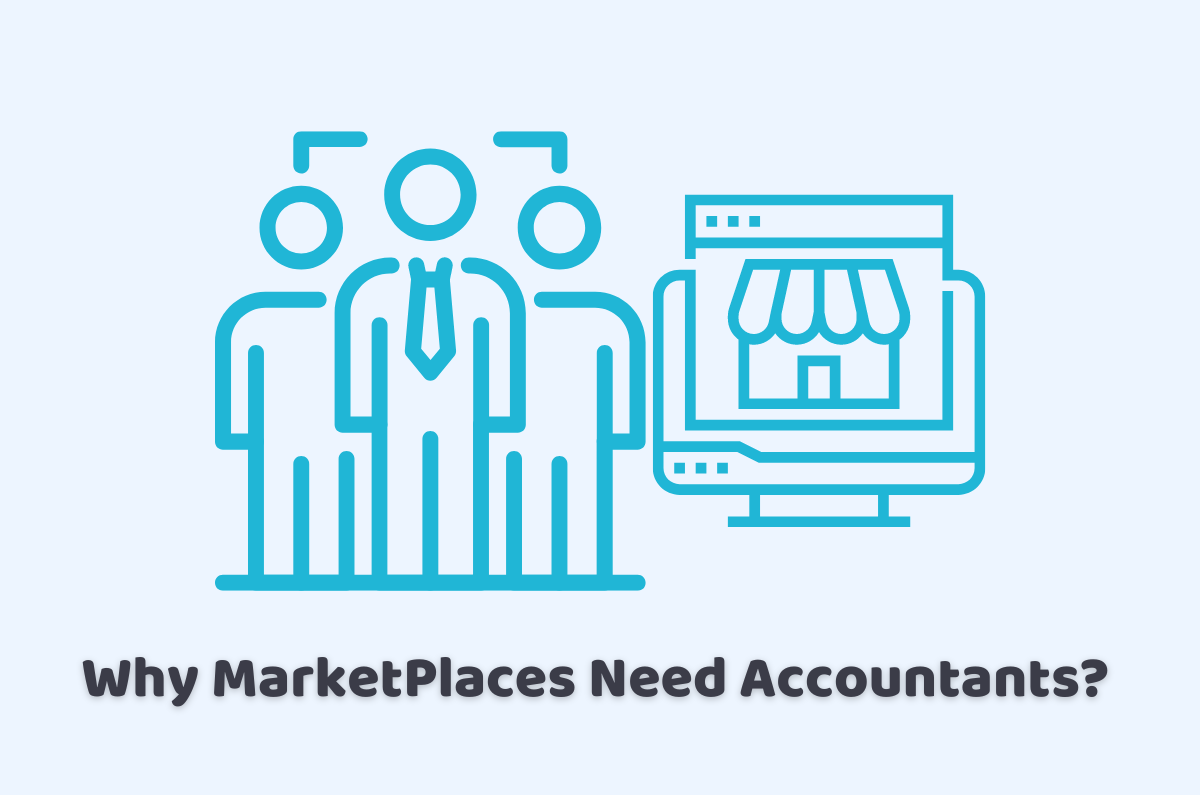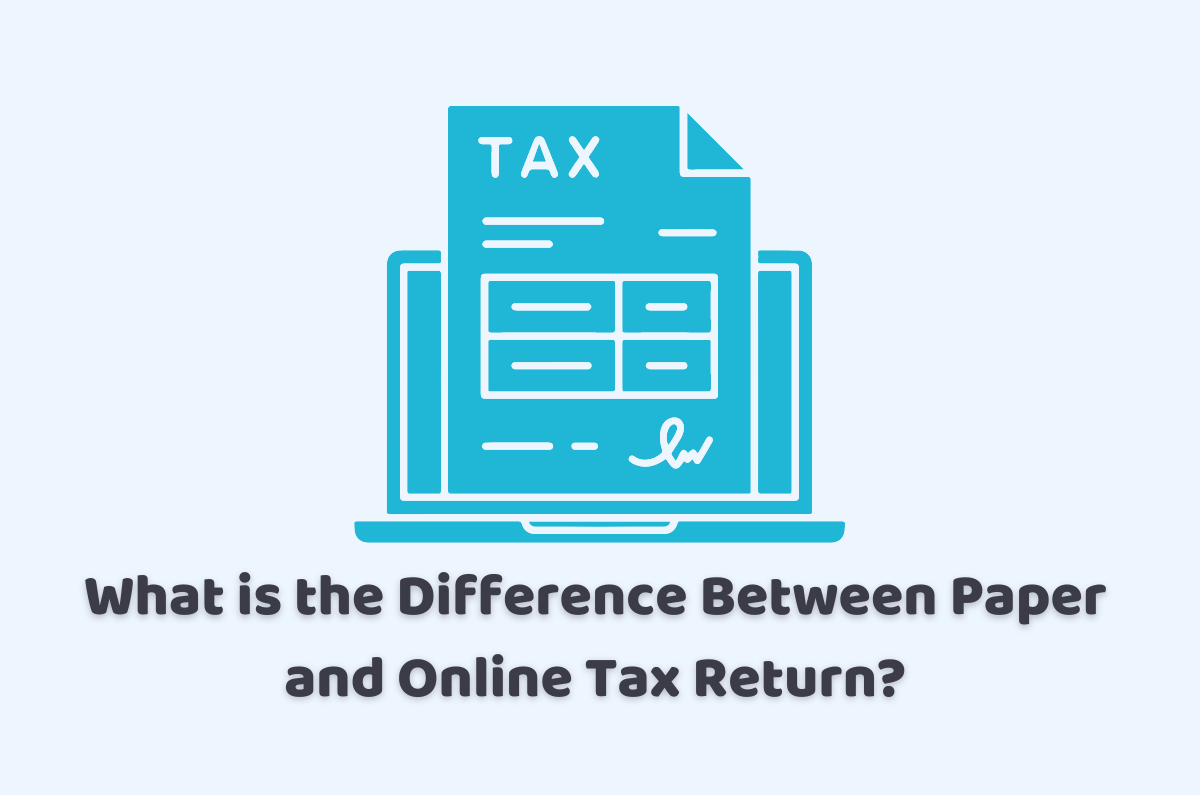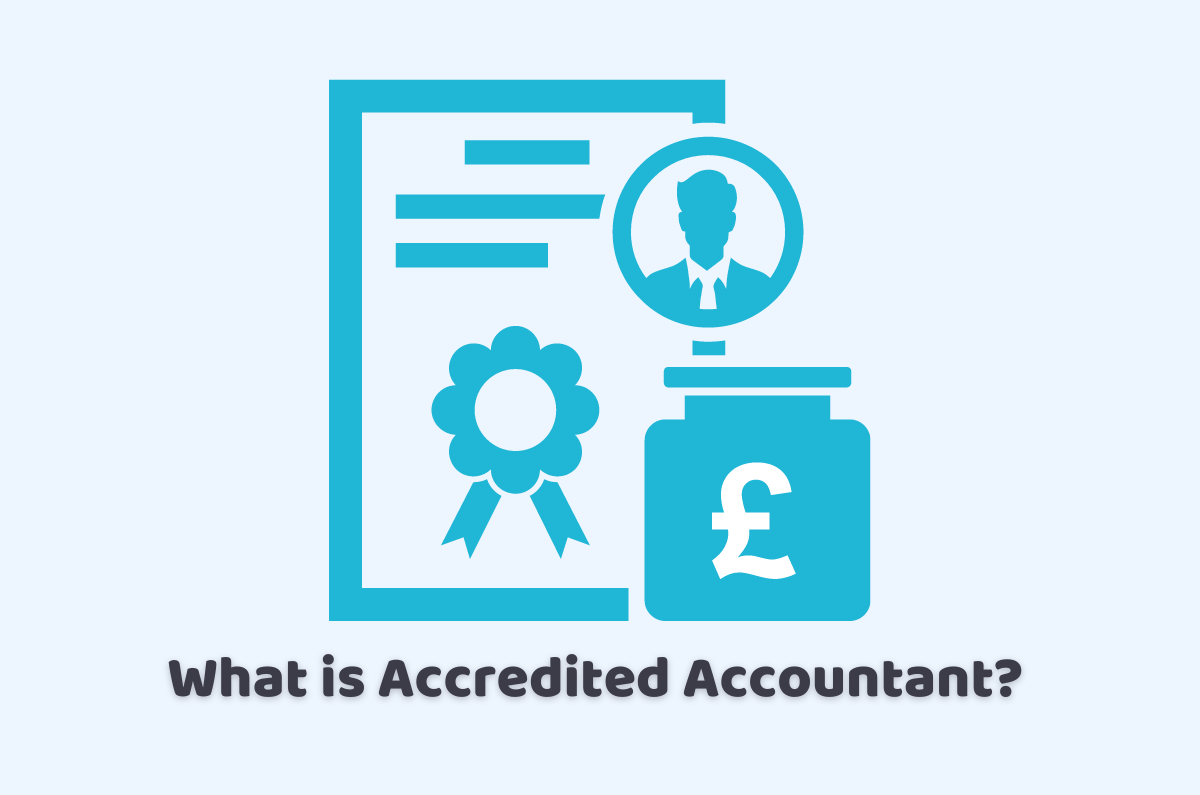
22/02/2024Accountants , Accounting
Why marketplaces need accountants? The rise of online marketplaces has led to a significant shift in how businesses and consumers interact. It creates new growth opportunities for marketplace companies in the UK. Marketplace companies have emerged as one of the fastest-growing industries in the world.
However, the success of marketplace companies hinges on their ability to manage their financial and accounting processes efficiently and effectively. This includes compliance obligations, and various financial challenges, particularly as they scale up and expand their operations.
Furthermore, working with an accountant can help marketplace companies ensure compliance with various financial and tax regulations. Avoid the risk of financial penalties or legal action. Our discussion will delve into the importance of accountants for marketplace companies in the UK.
Also, the reasons why they need them, and the benefits of having access to professional accounting expertise. By addressing these issues and ensuring that they have the necessary financial and accounting infrastructure in place, marketplace companies can better compete. This will help to achieve long-term success.
Reach out to our smart and clever-minded guys to get an understanding to your queries answered quickly. We will help to understand your queries instantly.
Marketplace Companies
A marketplace company is a type of business that operates as an intermediary between buyers and sellers. In the UK, there are several examples of marketplace companies that cater to various industries, including:
- Online marketplaces: These companies operate as platforms that allow individuals and businesses to buy and sell goods and services online in various categories. Such as fashion, electronics, and home improvement. Examples of online marketplaces in the UK are eBay, Etsy, Lazada, and Amazon Marketplace.
- Ride-hailing apps: These apps allow users to book rides with private drivers or taxis, providing an alternative to traditional transportation services. Examples of ride-hailing apps in the UK are Uber, Lyft, and Bolt.
- Event ticketing platforms: These companies facilitate the sale of tickets for concerts, sports events, and other performances. Examples of event ticketing platforms in the UK are SeeTickets, Ticketmaster, and Eventbrite.
- Home services apps: These apps allow users to book the services of professionals such as plumbers, electricians, and cleaners. Examples of home services apps in the UK are TaskRabbit, Handy, and HelloFresh.
Marketplace companies in the UK offer a range of products and services. This allows customers to shop, order food, book transportation, attend events, and purchase home services all in one place. By operating as intermediaries between buyers and sellers, these companies help to streamline and simplify the shopping and transactional process.
Why MarketPlaces Need Accountants?
Here’s how accountants can help you achieve a win-win situation in your business:
Firstly, a good accountant will help you understand your financial position. This will benefit both you and your business in the long run. Secondly, accountants can help you identify tax-saving opportunities and reduce your tax liability.
They can help you understand the tax laws in your country, and identify tax deductions and tax credits that you’re eligible for. Just ensure that you comply with all tax regulations. Prepare financial reports for banks, investors, and other stakeholders.
Finally, you manage your cash flow and reduce your risk of financial hardship. You will be able to set up a proper cash flow management system. You can identify your liquidity needs, and prepare financial forecasts that will help you accurately predict future cash flows. This will lead to avoiding cash flow shortages or financial crises.
The Bottom Line
Our discussion on why marketplaces need accountants has shown that marketplace companies in the UK need accountants for a variety of reasons. Accountants can provide marketplace companies with clear, concise, and accurate financial information. Identifying tax-saving opportunities, helping them streamline their accounting processes, and managing their cash flow.
This can help marketplace companies make informed business decisions, stay on top of their financial performance, and increase the profitability and sustainability of their business in the long run.
Moreover, marketplace companies operating in the UK often deal with complex accounting and financial challenges. Particularly as they scale up and expand their operations. By having access to professional accounting expertise, marketplace companies can identify areas for improvement. This will help to streamline their processes and optimise their financial performance.
Get in touch with our accountants at CruseBurke to get detailed information on services further.
Disclaimer: The information about why marketplaces need accountants provided in this blog includes text and graphics of general nature. It does not intend to disregard any of the professional advice.



